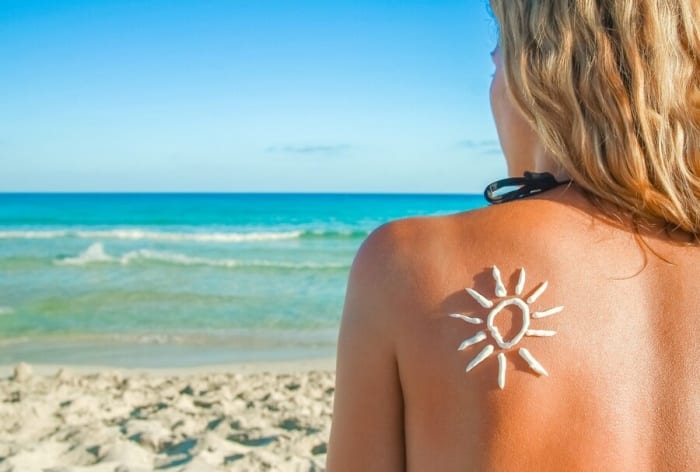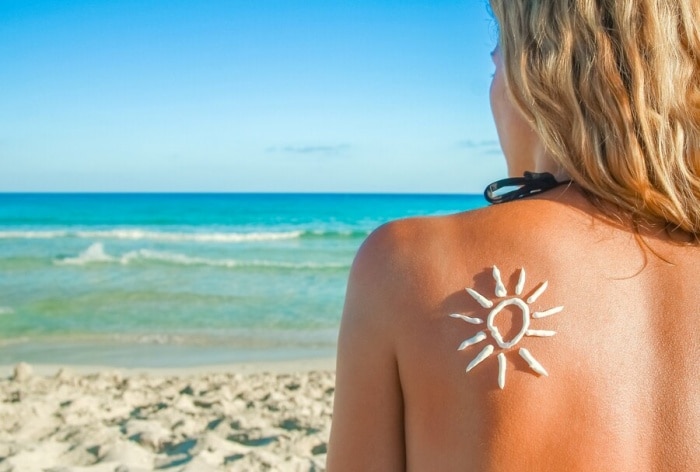Sunscreen is not just another cream or lotion for beauty, it is important for everyone to protect their skin health from dangerous UV rays leading to health issues.

Are you someone who casually steps out in the sun without applying sunscreen? If yes, then you must start a practise otherwise. Sunscreen lotions or creams are not another products that are part of a skincare routine. It is actually very essential to maintain a healthy skin. Skin health is a rather neglected area that can have consequences.
It is imperative to wear sunscreen to protect yourself from the harmful rays of the sun. The UV rays can damage skin cells and further may impact your overall health too. But it is never too late to start a healthy practise. Here is what may happen if you don’t use sunscreen.
WHAT HAPPENS WHEN YOU DON’T WEAR SUNSCREEN REGULARLY?
- Sunburn: That’s the first thing that may happen. Sunburn is a common consequence of unprotected sun exposure. The ultraviolet (UV) radiation from the sun can damage the skin cells, leading to redness, pain, and inflammation. Severe sunburns can cause blistering, peeling, and even increase the risk of developing skin cancer.
- Premature Aging: Prolonged exposure to the sun’s UV rays can accelerate the aging process of the skin. It can lead to the development of wrinkles, fine lines, sagging, and age spots. UV radiation damages the collagen and elastin fibres in the skin, which are essential for maintaining its elasticity and youthful appearance.
- Increased Risk of Skin Cancer: UV radiation is a known risk factor for skin cancer, including melanoma, the most dangerous type of skin cancer. Regular and unprotected sun exposure can increase your risk of developing skin cancer later in life. Applying sunscreen with a high sun protection factor (SPF) helps protect against harmful UV rays and reduces this risk.
- Sun Sensitivity and Allergic Reactions: Some individuals may experience sun sensitivity or allergic reactions when exposed to the sun without protection. This can manifest as redness, rashes, hives, or itchy skin. People with conditions like polymorphic light eruption (PMLE) or certain medication sensitivities may be more prone to these reactions.
- Uneven Skin Tone and Hyperpigmentation: Sun exposure without sunscreen can lead to uneven skin tone and hyperpigmentation. This includes the development of dark spots, melasma, and freckles. UV rays stimulate the production of melanin, the pigment responsible for skin colour, and can cause it to distribute unevenly.
To protect your skin and minimise these risks, it is crucial to apply sunscreen with a broad-spectrum SPF even on cloudy or overcast days. Additionally, seek shade during peak sun hours, wear protective clothing, and use other sun-protective measures like hats and sunglasses. Consult a professional t understand your skin type and for best sunscreen option.

